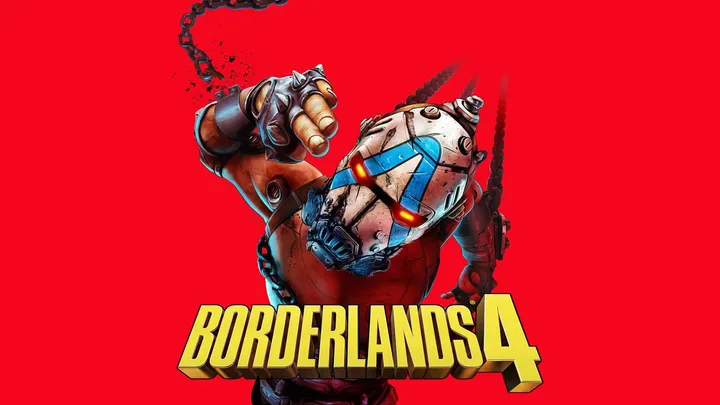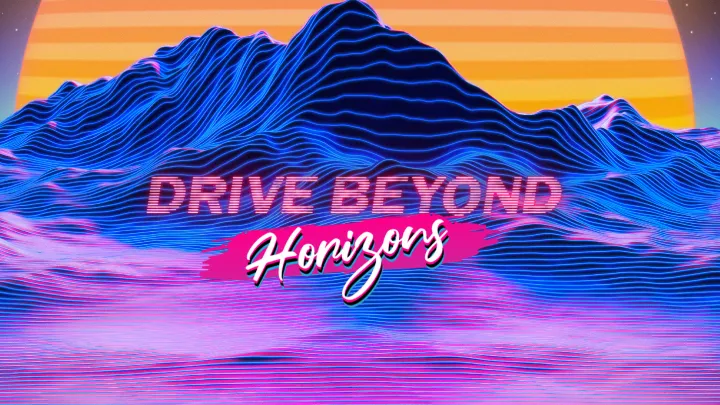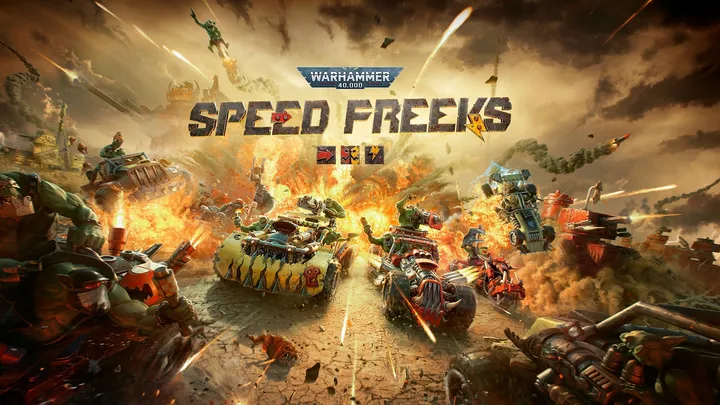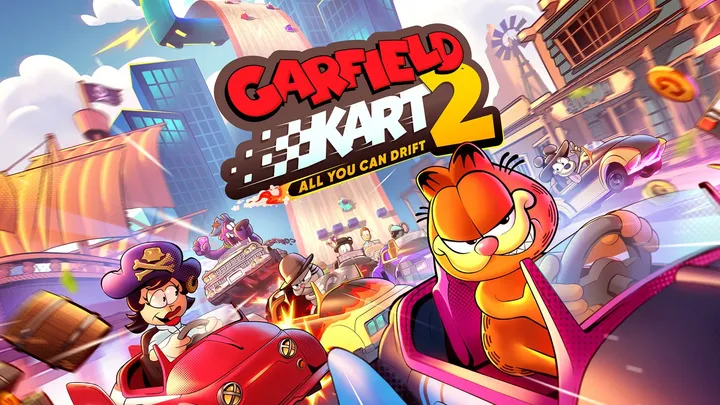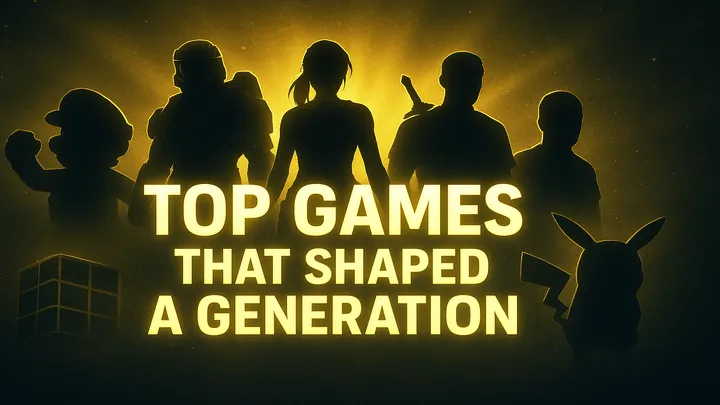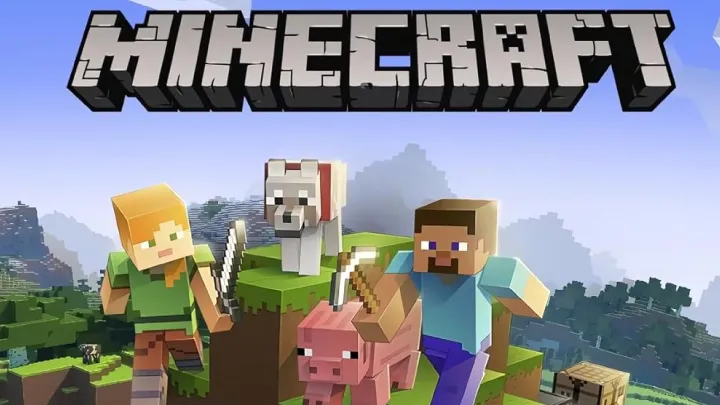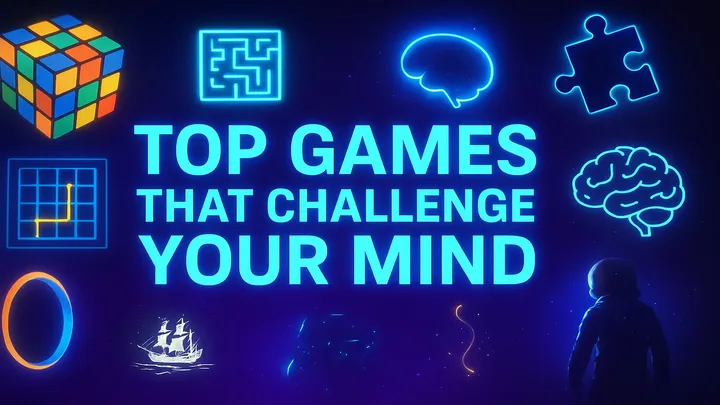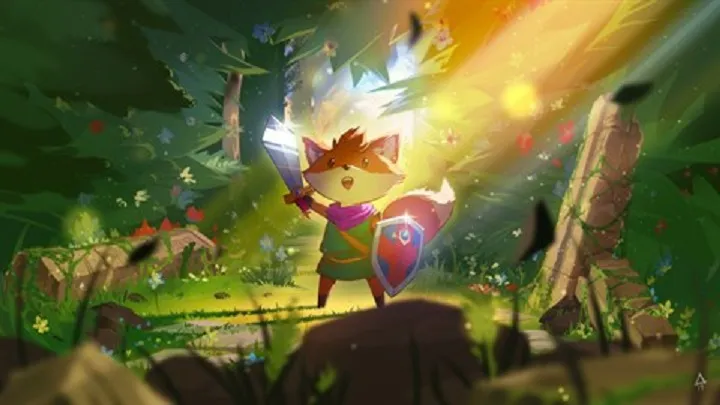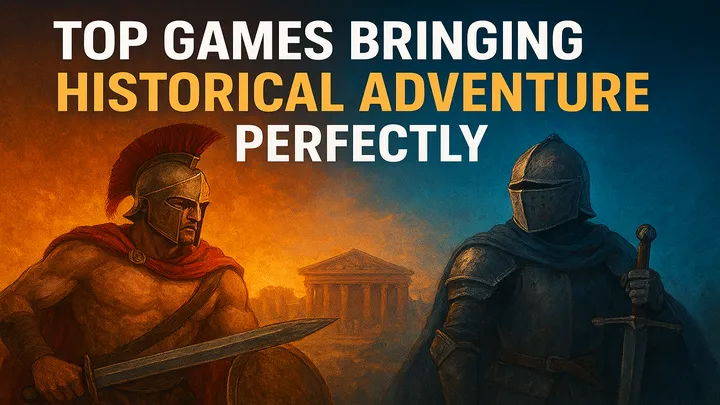Role-playing games (RPGs) have shaped the gaming industry for decades. From their early tabletop inspirations to massive open-world adventures, RPGs remain one of the most beloved genres worldwide. These games allow players to create unique characters, explore immersive worlds, and make impactful choices that influence the story.
But with so many RPG titles released over the years, some have stood out as defining experiences—games that set benchmarks, influenced countless others, and remain popular even today. In this article, we’ll dive into the most popular RPG games that define the genre, exploring why they’re iconic, how they shaped gaming history, and what makes them unforgettable.
1. The Elder Scrolls V: Skyrim
Few games represent freedom in RPGs quite like Skyrim. Released in 2011, Bethesda’s open-world masterpiece continues to thrive even over a decade later, thanks to mods, re-releases, and its sheer replayability.
Why Skyrim Defines the Genre
- Massive open world with endless exploration opportunities.
- Flexible character progression allowing multiple playstyles.
- A strong modding community that keeps the game alive.
Skyrim’s success proved that RPGs could appeal to both hardcore fans and casual gamers, making it a cultural phenomenon.
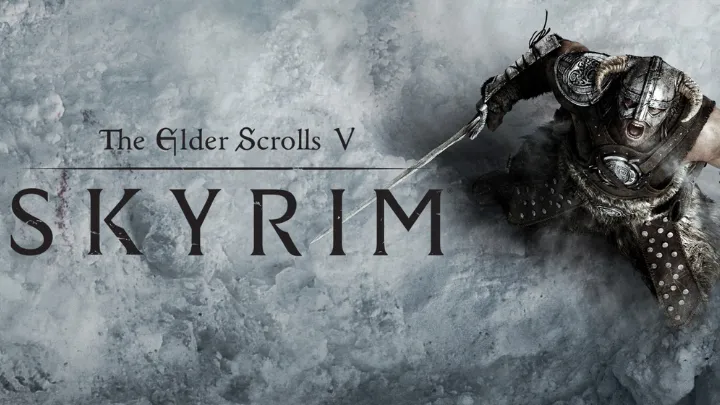
2. The Witcher 3: Wild Hunt
CD Projekt Red’s The Witcher 3 redefined storytelling in RPGs. With its mature themes, rich lore, and emotionally engaging quests, it elevated narrative-driven gameplay to new heights.
Key Highlights
- Complex choices with lasting consequences.
- Expansive side quests as engaging as the main story.
- Gorgeous world design inspired by Slavic mythology.
The Witcher 3 isn’t just popular—it’s often considered one of the greatest RPGs of all time. Its impact is still felt in modern open-world games.
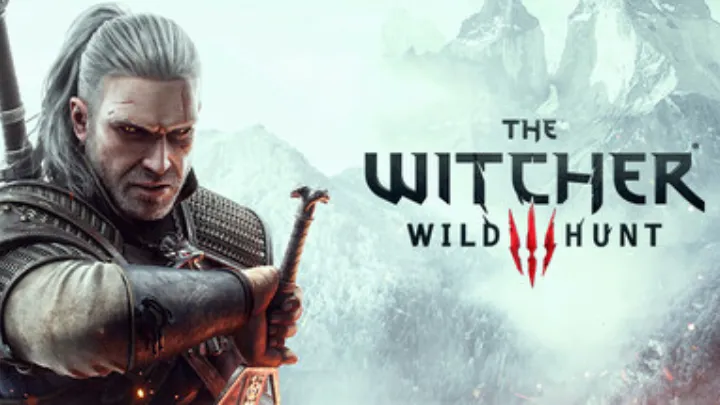
3. Final Fantasy VII
When Final Fantasy VII launched in 1997, it became the face of Japanese RPGs (JRPGs) in the West. Its cinematic storytelling, memorable characters like Cloud and Sephiroth, and groundbreaking 3D visuals made it revolutionary.
Why It’s Iconic
- Introduced millions of players to JRPGs.
- Epic story blending fantasy and sci-fi.
- Emotional depth, including one of gaming’s most famous plot twists.
The ongoing Final Fantasy VII Remake further shows its enduring influence and popularity.
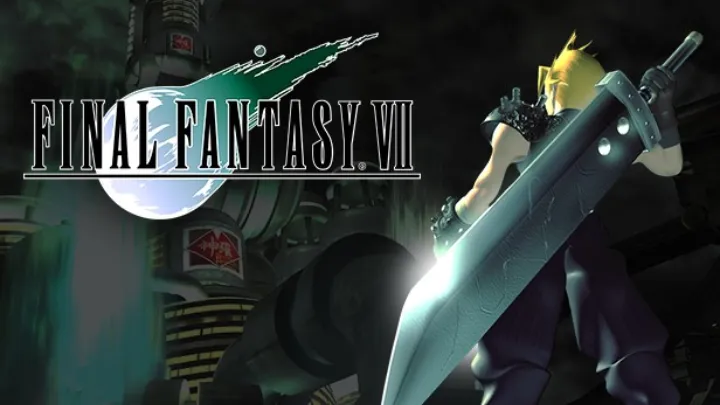
4. Dark Souls
If one word defines Dark Souls, it’s “challenge.” FromSoftware’s action RPG is notorious for its punishing difficulty, but also celebrated for its rewarding gameplay and intricate world design.
Why Dark Souls Matters
- Introduced the “Soulslike” subgenre.
- Innovative multiplayer features with player messages and invasions.
- Lore-driven storytelling through environmental details.
Its design philosophy reshaped modern RPGs, inspiring countless developers to embrace difficulty and player agency.
5. Mass Effect Series
Bioware’s Mass Effect trilogy stands as a pinnacle of choice-driven RPGs. Combining sci-fi action with deep character relationships, it gave players an unforgettable galactic adventure.
Defining Features
- Choice and consequence across multiple games.
- Diverse alien races and immersive world-building.
- Complex romance and friendship systems.
Despite some controversy around its ending, Mass Effect remains one of the most influential RPG franchises.
6. Pokémon Series
While often associated with kids, Pokémon is one of the most successful RPG series ever created. Its simple yet addictive mechanics have made it a global cultural icon.
Why Pokémon Defines RPGs
- Turn-based combat with strategic depth.
- Monster collecting and trading as core gameplay.
- Wide appeal across age groups and generations.
Pokémon introduced millions of gamers to RPG mechanics, proving accessibility doesn’t mean a lack of depth.
7. Dragon Age: Origins
Another Bioware gem, Dragon Age: Origins returned to classic RPG roots with a dark fantasy setting, tactical combat, and branching choices.
What Made It Great
- Deep character customization.
- Multiple origin stories for unique playthroughs.
- A strong focus on moral dilemmas.
Though later entries became more action-oriented, Origins remains a fan-favorite for hardcore RPG enthusiasts.
8. Persona 5
Atlus’ Persona 5 took the JRPG formula and modernized it with style, blending dungeon crawling with life simulation. Its stylish art direction and unforgettable soundtrack set it apart.
Highlights
- Dual gameplay system: school life + supernatural battles.
- Strong character development.
- Bold themes of rebellion and self-identity.
Persona 5 brought Japanese RPGs back into mainstream conversation, especially in Western markets.
9. World of Warcraft
When discussing popular RPGs, it’s impossible to ignore World of Warcraft. Blizzard’s MMORPG defined online RPGs for nearly two decades.
Why It’s Legendary
- Persistent online world with millions of players.
- Cooperative gameplay through raids and guilds.
- Expansions that continuously evolve the game.
At its peak, WoW had over 12 million subscribers, making it the most successful MMORPG of all time.
10. Baldur’s Gate 3
The newest entry on this list, Baldur’s Gate 3 by Larian Studios has taken the RPG world by storm. Built on Dungeons & Dragons 5e rules, it delivers freedom, choice, and role-playing depth rarely seen in modern gaming.
Defining Qualities
- Unprecedented player choice and consequence.
- Cinematic presentation with strong voice acting.
- Faithful yet innovative adaptation of tabletop RPG mechanics.
It has already won multiple Game of the Year awards, cementing itself as a modern classic.
The Evolution of RPGs
From turn-based classics to sprawling open worlds, RPGs have evolved dramatically. Early titles like Final Fantasy popularized the genre, while modern hits like Skyrim and Baldur’s Gate 3 push immersion to new levels.
Key Trends in RPG Evolution
- Player Choice: Modern RPGs emphasize branching narratives.
- Accessibility: Simplified systems bring in new audiences.
- Online Integration: MMORPGs and co-op RPGs expand social gameplay.
RPGs continue to adapt, ensuring their relevance in the gaming landscape.
Why RPGs Remain So Popular
The enduring popularity of RPGs comes from their ability to let players live out fantasies, craft unique characters, and engage in epic adventures. Unlike many genres, RPGs cater to both casual and hardcore gamers, offering both accessibility and depth.
- Immersion: Rich storytelling draws players in.
- Replayability: Choices create unique experiences.
- Community: Many RPGs foster strong fan communities.
RPGs aren’t just games—they’re worlds where players can lose themselves.
Conclusion
The most popular RPG games that define the genre represent milestones in gaming history. From Final Fantasy VII introducing JRPGs to the West, to The Witcher 3 raising the bar for storytelling, to Baldur’s Gate 3 revolutionizing modern role-playing—each title has shaped what RPGs are today.
As the genre continues to evolve, new classics will emerge, but these iconic games will always stand as benchmarks of what makes RPGs truly special: freedom, choice, and unforgettable adventures.
